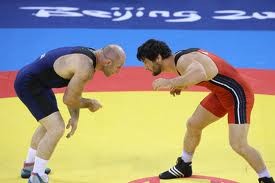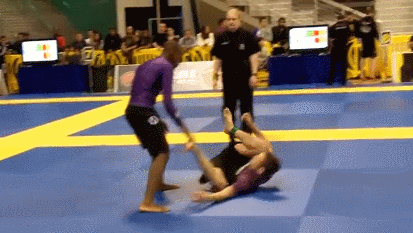OP
OP
Deleted member 34973
Guest
Right and those are real soldiers, using something from sport. I get that and understand that.The biggest irony of the whole paintball analogy is that the US Army uses paintball in training for real combat.
Paintball enhances realism in Army Reserve unit's training
But, the example I gave is those who do the sport. And, your description would imply that, yes people who do paintball are real soldiers.
Soldiers also train in a Martial Art of some sort. Surely that wouldn't make all martial artist, soldier's.
But I am sure that is not where you are going with this information.


